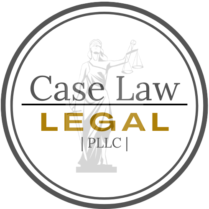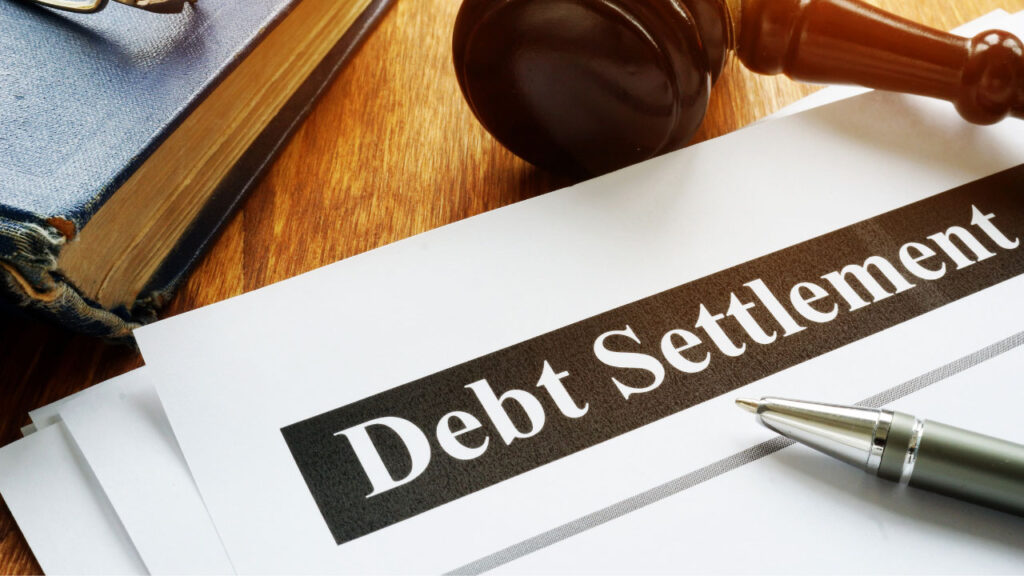Dealing with overwhelming debt can be stressful and isolating. For many, debt settlement emerges as a viable option to regain financial stability. However, it’s essential to understand what debt settlement entails, its benefits, and its potential drawbacks. In this article, we’ll break down the key aspects of debt settlement to help you make informed decisions.
What is Debt Settlement?
Debt settlement is a negotiation process where a consumer works with creditors to reduce the total amount owed. This typically involves a third-party debt settlement company or attorney negotiating with creditors to agree on a lump-sum payment that is less than the total debt. The goal is to settle the debt for a fraction of what you owe, allowing you to pay off your obligations more affordably.
How Does Debt Settlement Work?
- Evaluation of Debt: The first step in the debt settlement process is assessing your overall financial situation. This includes reviewing your total debt, income, and expenses.
- Choosing a Debt Settlement Company: Many consumers choose to work with professional debt settlement firms. Research these companies thoroughly, looking for reputable organizations with a proven track record.
- Negotiation: Once you engage a debt settlement company, they will negotiate with your creditors on your behalf. They will propose a reduced amount to settle your debt, and creditors may accept this offer depending on their assessment of your financial situation.
- Payment: If a settlement is reached, you will make a lump-sum payment or a series of payments to cover the agreed-upon amount. Once paid, the creditor will mark the debt as settled.
- Debt Resolution: After successful negotiation and payment, the settled debts are typically reported to credit bureaus as “settled,” which can impact your credit score.
Benefits of Debt Settlement
- Reduced Debt Amount: One of the most significant advantages of debt settlement is that it can lead to a substantial reduction in the total amount owed.
- Simplified Payments: Instead of juggling multiple monthly payments to various creditors, debt settlement consolidates your payments into one negotiated sum.
- Avoiding Bankruptcy: For many, debt settlement serves as a preferable alternative to bankruptcy, which can have long-lasting effects on credit scores and financial standing.
Potential Drawbacks
- Credit Score Impact: Settling a debt can negatively impact your credit score. While it may be less damaging than a bankruptcy filing, creditors may report settled debts as “paid for less than owed,” which can affect your creditworthiness.
- Tax Implications: The IRS may consider forgiven debt as taxable income, meaning you could owe taxes on the amount that was forgiven during the settlement process.
- Not Guaranteed: There is no guarantee that creditors will accept a settlement offer. Some creditors may refuse to negotiate or may demand the full amount owed.
- Fees: If you work with a debt settlement company, be aware of their fees, which can vary widely and impact your overall savings.
Is Debt Settlement Right for You?
Debt settlement can be a useful tool for consumers facing financial hardship, but it’s not the right choice for everyone. Before proceeding, consider the following:
- Assess Your Financial Situation: Determine if your financial issues stem from temporary challenges or if they represent a more significant, ongoing problem.
- Explore Alternatives: Other options, such as credit counseling or debt management plans, may be more suitable depending on your situation.
- Consult a Professional: Speak with a financial advisor or a qualified attorney to discuss your specific circumstances. They can provide tailored advice to help you make the best decision for your financial future.
Conclusion
Understanding debt settlement is crucial for consumers looking to regain control over their finances. While it offers potential relief from overwhelming debt, it’s essential to weigh the benefits against the drawbacks. By doing your research and seeking professional guidance, you can navigate the complexities of debt settlement and find a path toward financial recovery. Remember, you’re not alone in this journey—help is available, and taking proactive steps today can lead to a brighter financial tomorrow.

